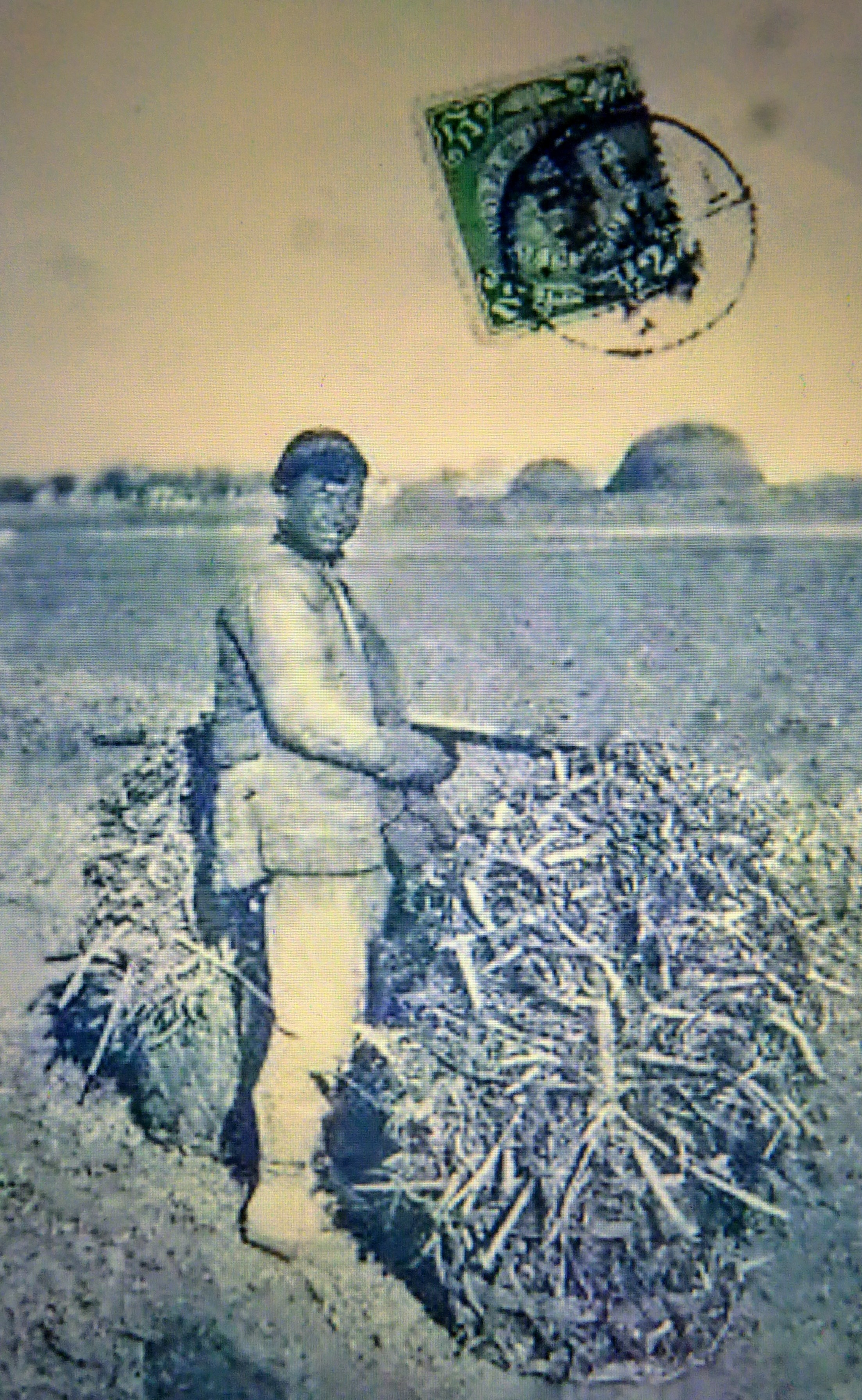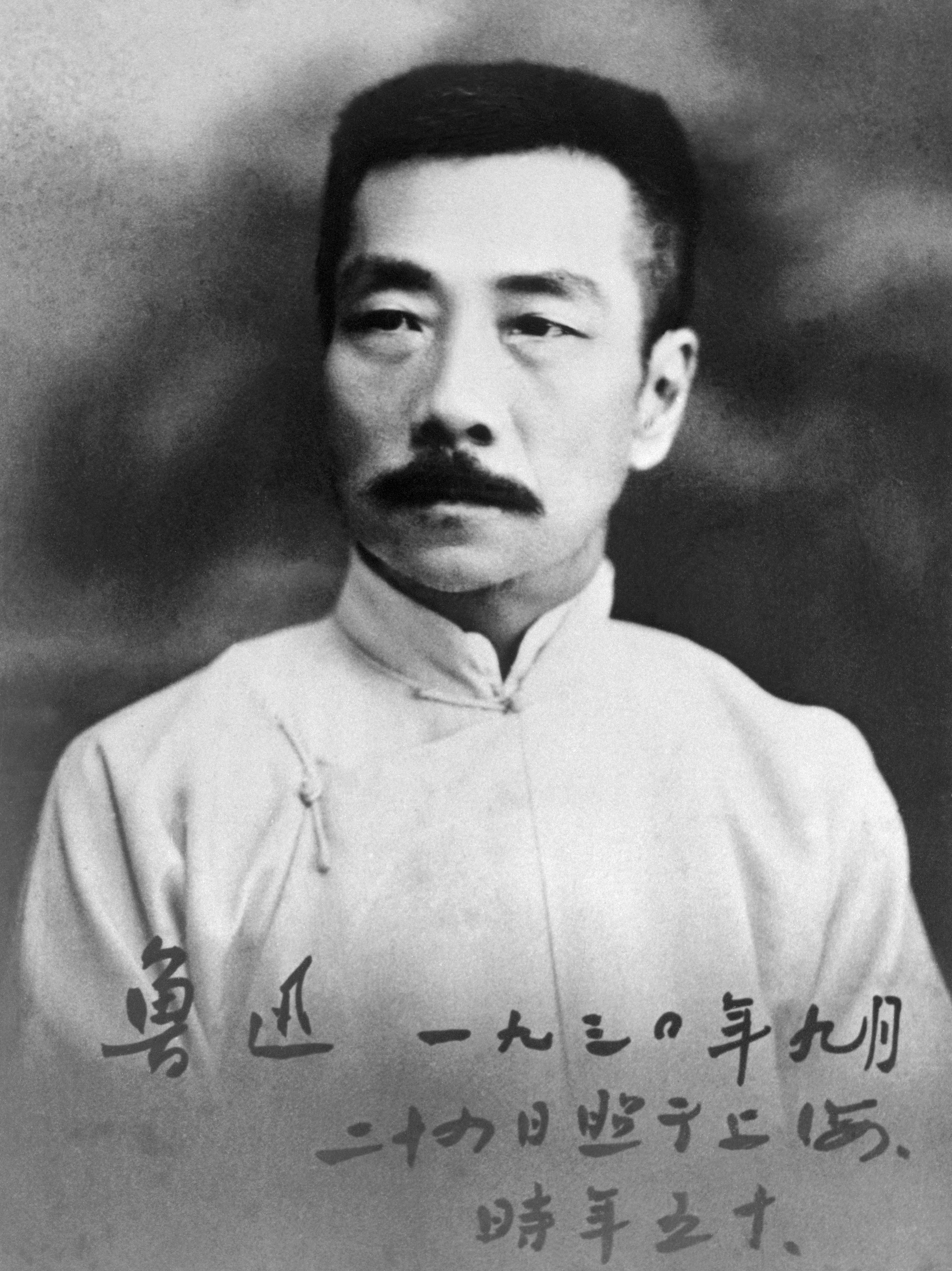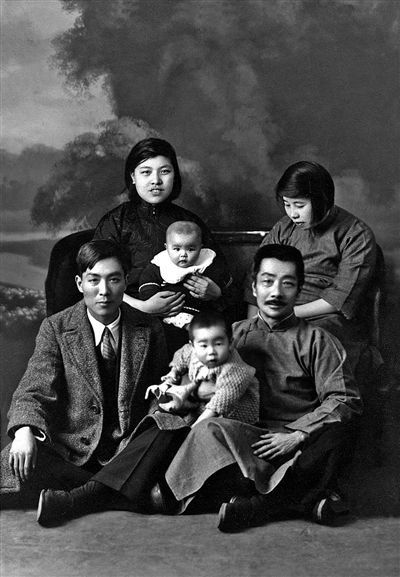Lu, Xun, 1881-1936
Enlarge text Shrink text- LCN
- Lu, Xun, 1881-1936
Lu Xun (Chinese: 鲁迅; pinyin: Lǔ Xùn, [lù ɕŷn]; 25 September 1881 – 19 October 1936), born Zhou Zhangshou, was a Chinese writer, literary critic, lecturer, and state servant. He was a leading figure of modern Chinese literature. Writing in vernacular and Literary Chinese, he was a short story writer, editor, translator, literary critic, essayist, poet, and designer. In the 1930s, he became the titular head of the League of Left-Wing Writers in Shanghai during republican-era China (1912–1949). Lu Xun was born into a family of landlords and government officials in Shaoxing, Zhejiang; the family's financial resources declined over the course of his youth. Lu aspired to take the imperial examinations, but due to his family's relative poverty he was forced to attend government-funded schools teaching "foreign education". Upon graduation, Lu studied medicine at Tohoku University in Japan, but later dropped out. He became interested in studying literature but was eventually forced to return to China because of his family's lack of funds. After returning to China, Lu worked for several years teaching at local secondary schools and colleges before finally finding an office at the Republic of China Ministry of Education. Following the May Fourth Movement in 1919, Lu's writing began to exert a substantial influence on Chinese literature and popular culture. Like many of the movement's leaders, Lu was a leftist. After the proclamation of the People's Republic of China (PRC) in 1949, his work received considerable acclaim from the Chinese government, with Mao Zedong being an admirer of Lu's writing throughout his life. Though he was sympathetic to socialist ideas, Lu never joined the Chinese Communist Party (CCP).
Read more on Wikipedia >
 Personality
Personality














